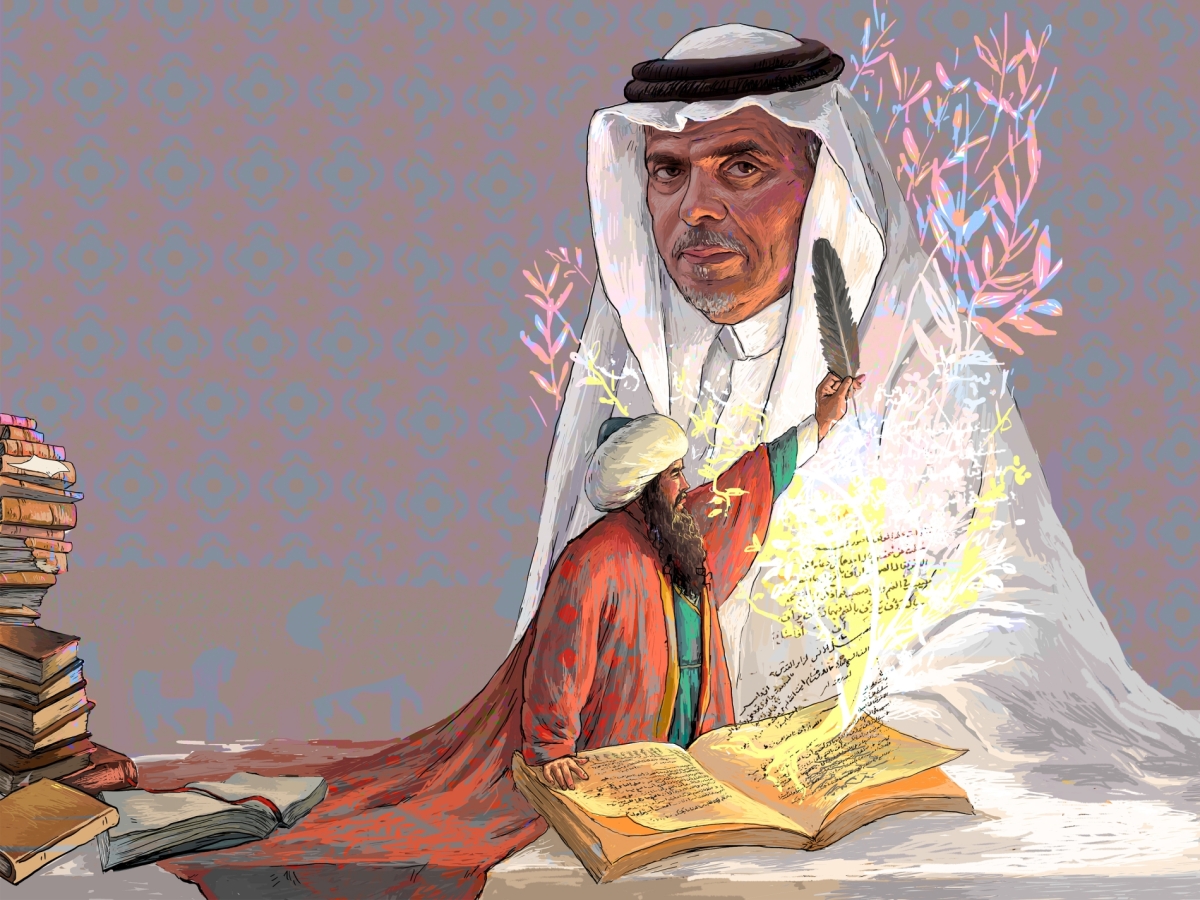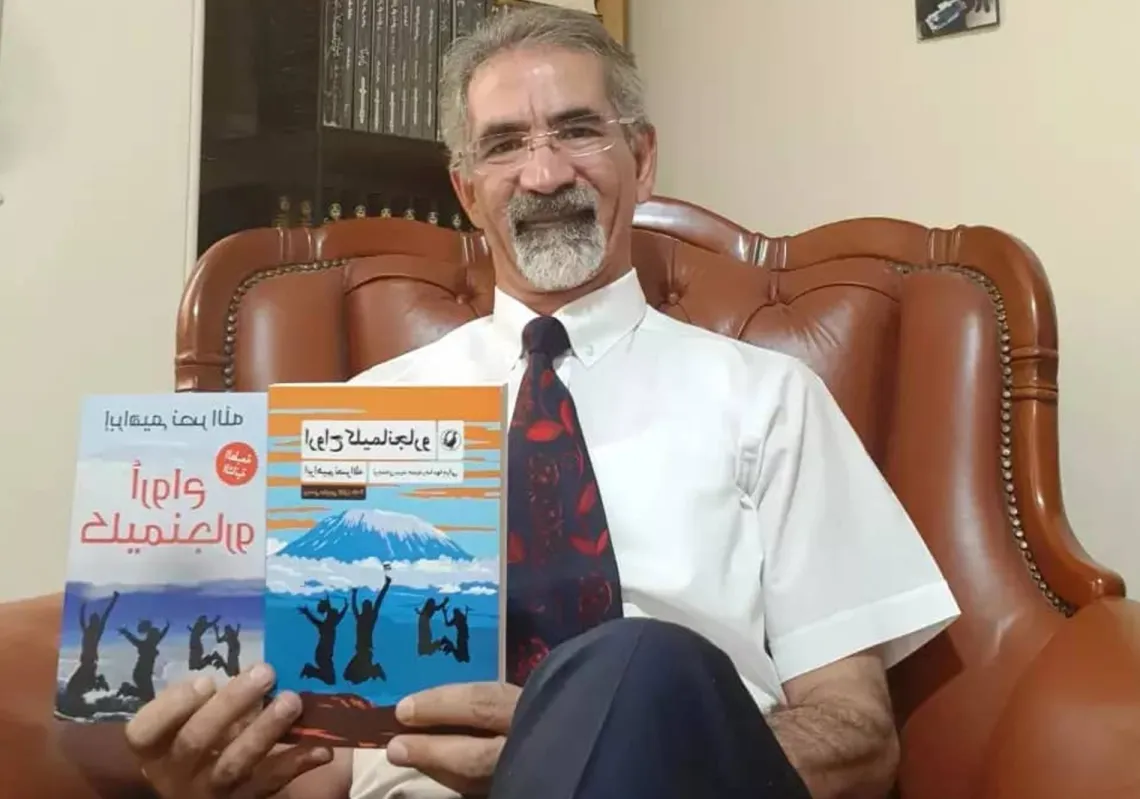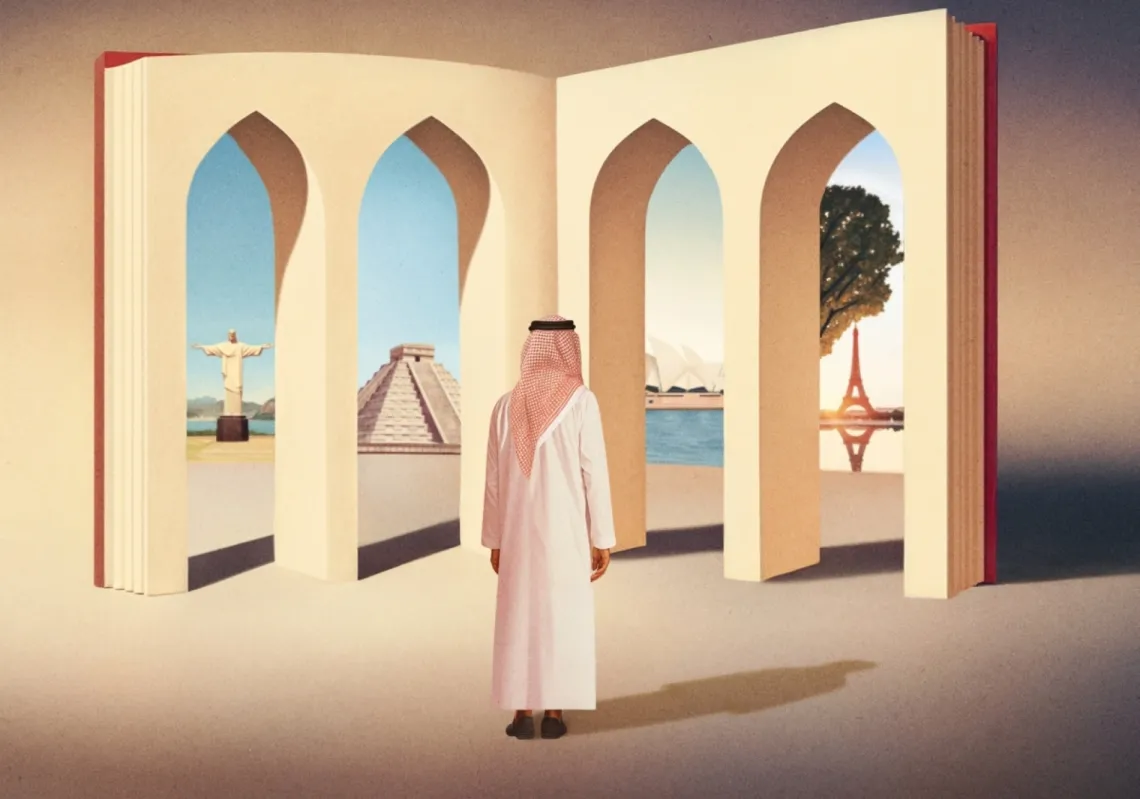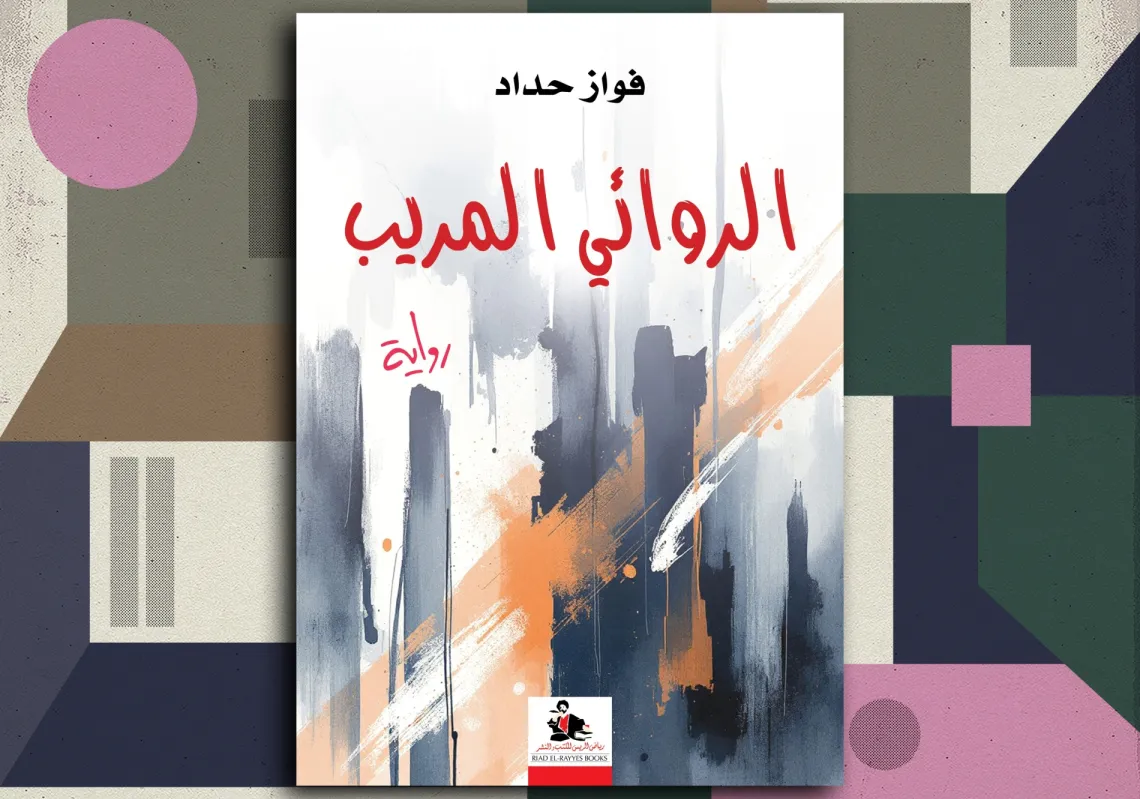There is a Western institutional current that has exercised authority through the discoveries and writings of Orientalists, often reflected in an elitist centralism and control over the Eastern "other" through reports and colonial discourse. Do you agree with this notion?
Yes, I do. It is evident in Western political decision-making circles and in the numerous research centres across Europe and the United States.
What role should Eastern intellectuals and Arab researchers in Western universities play in confronting Western narratives about the East?
Non-Western intellectuals, particularly Arabs, must expose the biases and distortions found in certain studies that misrepresent their nations and cultures. This exposure should come through careful study of Western discourses that are unfair or prejudiced. However, I also believe they must approach these discourses with fairness themselves, so as not to fall into the same bias they are criticising. We must build bridges even as we resist forms of injustice and misrepresentation. Non-Western researchers working within Western academic institutions have a big responsibility in this regard.
You place Orientalism somewhere between scholarly inquiry and cultural imagination. How did you come to this balanced view?
I would describe it as a composite vision—one that seeks to see all facets and maintain a thoughtful distance from each. The term "balanced" implies a lack of position, whereas I certainly have one. I expressed my stance on Orientalism in my doctoral dissertation and in many of my books and articles. My refusal to demonise Orientalism does not mean I am neutral toward it. I try to view it as the vast and profoundly complex phenomenon that it is, and extreme positions are not helpful in achieving such understanding.
In your book Reception of the Other, you move beyond the one-dimensional view that confines Arabs to the role of "the subject" and the West to that of "the actor." Can an independent Arab discourse be produced today that reclaims the narrative from within?
In this book, I examined how several Arab critics received Western literary theories and methodologies. I showed that this reception, or what I termed "the act of reception", often lacked awareness of the inherent problems of those theories and methods. Many Arab critics preferred the easy or uncritical application of such imported frameworks, without considering the different intellectual and cultural foundations from which they originally emerged.
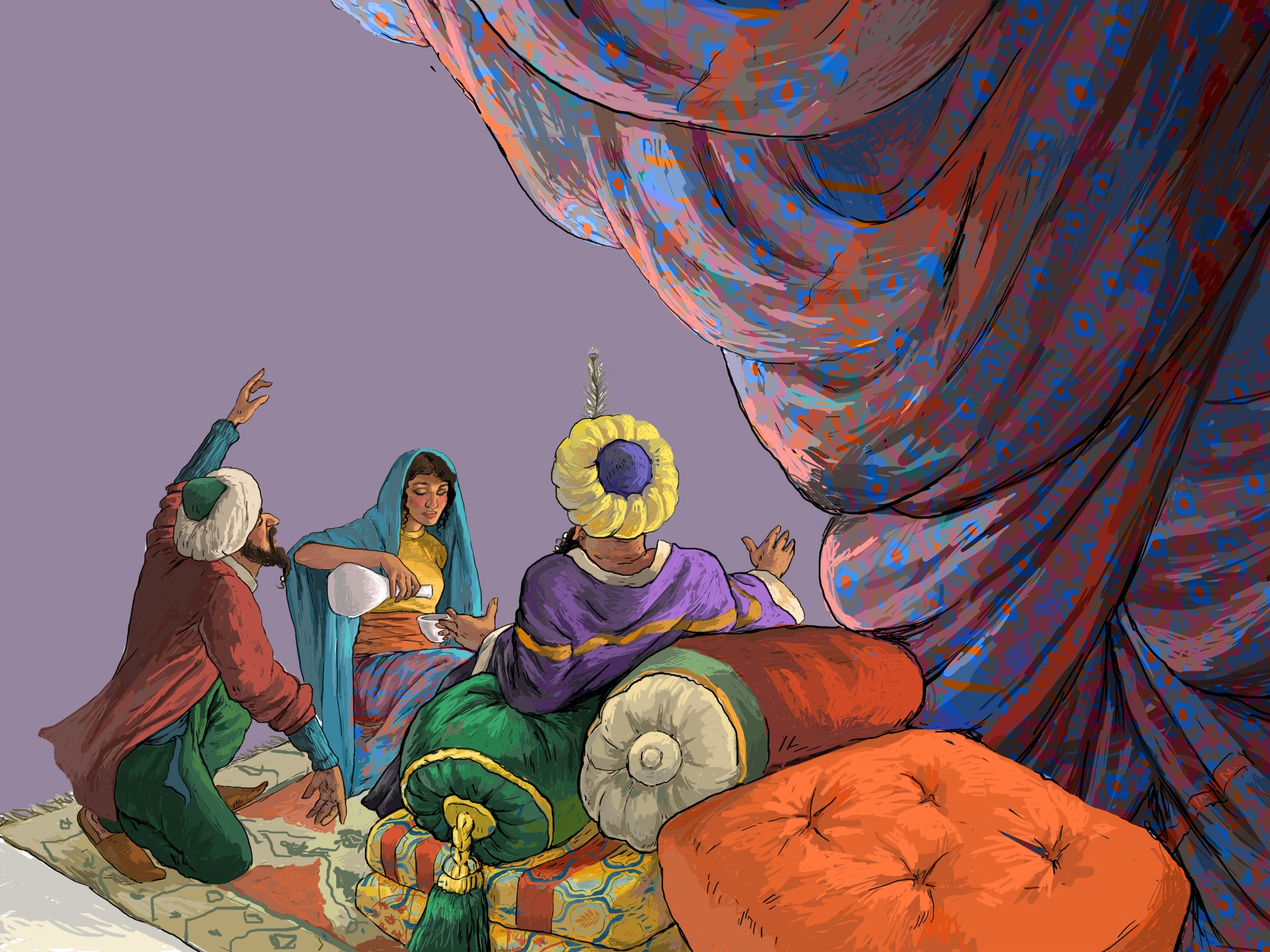
The German Orientalist Rudi Paret viewed Orientalism as a field primarily concerned with linguistics and the study of Eastern sciences, while others see it as a space of mutual influence in the development of human civilisation. To what extent do you agree with this perspective?
Orientalism is indeed multifaceted, but at its core it represents a series of intellectual endeavours that arose in Europe to understand Eastern cultures. These efforts led to an accumulation of knowledge about those cultures that, while sometimes employed in ways extending beyond pure scholarship, also contributed to various forms of domination and control.
Ancient Arabic manuscripts have long been a focal point of interest for European Orientalists. What did these manuscripts, now scattered across libraries worldwide, contribute to human heritage?
Many of those manuscripts formed the very foundation upon which some of Europe's most renowned libraries were built, such as the Bibliothèque Nationale de France in Paris and the Bodleian Library at the University of Oxford, in addition to major collections in the Netherlands, Spain, and elsewhere. In this sense, Arabic manuscripts were fundamental to Europe's modern intellectual renaissance, alongside the legacies of Greek, Roman, and Judeo-Christian cultures.
Many Western historians and thinkers often overlook this fact, which has only recently been brought to light by researchers from various Western countries.
How has literary Orientalism shaped the image of the East in Western literature? Did it help reinforce stereotypes about Arabs and Muslims?
Literary Orientalism was an echo of religious beliefs and political attitudes that had developed within European cultures since the Middle Ages. Yet, this echo gradually evolved into a powerful force that entrenched those stereotypical perceptions.
My study of literary Orientalism revealed that it evolved over time, as the nature of Western–Eastern relations shifted from deep-seated hostility in medieval literature to openness, and even admiration, in Romantic and modern literature. This change was driven by the diminishing role of religion and the growing distance of many writers from colonial and hateful impulses, as well as their outright rejection of such tendencies. Still, stereotypical patterns, whether negative or positive, remained prevalent.


